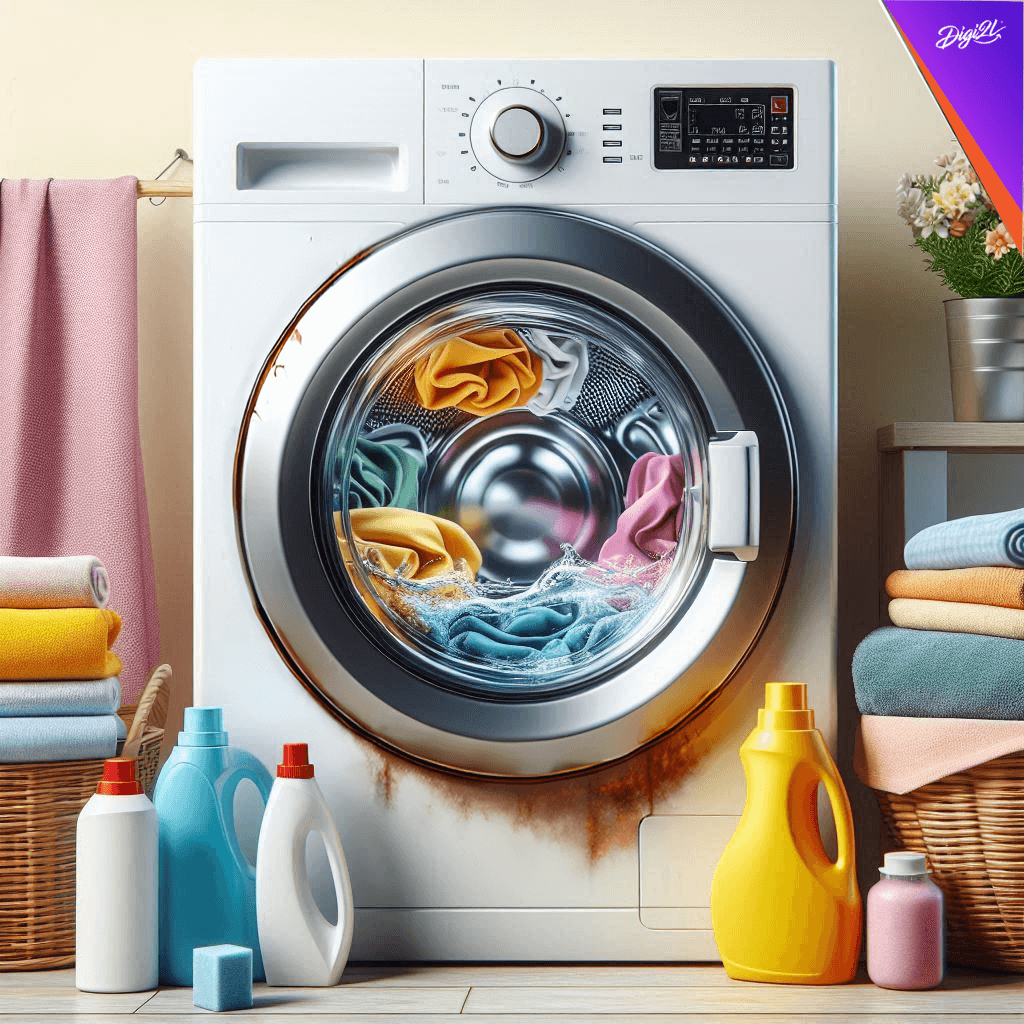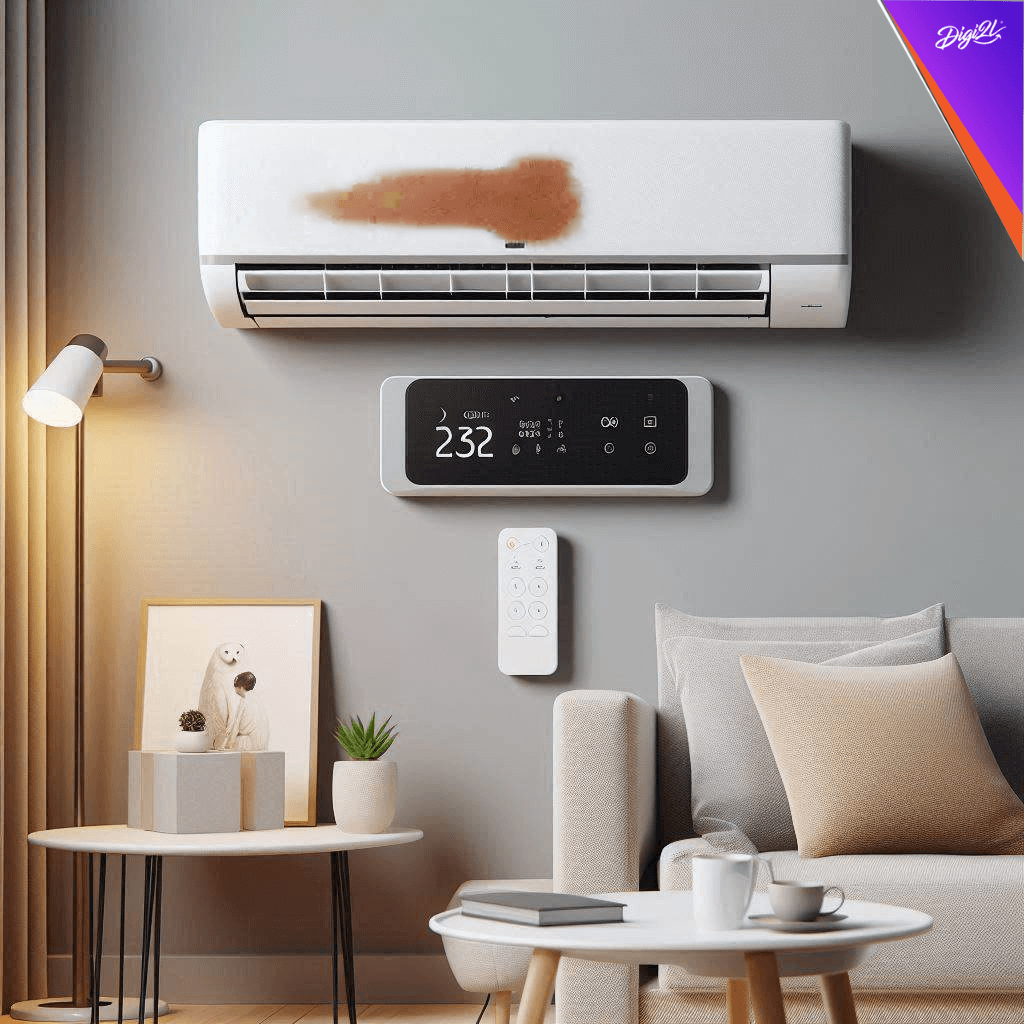
Please Wait ...


Blogs> The Average Lifespan of an Inverter Split AC: What You Need to Know

When it comes to investing in home appliances, durability and longevity are crucial factors to consider. In the case of an inverter split air conditioner (AC), understanding its average lifespan can help you make an informed decision and ensure optimal performance throughout its usage. In this blog, we will delve into the topic of the average lifespan of an inverter split AC, factors influencing its lifespan, and tips to prolong its longevity. Let’s get started!
Understanding the Average Lifespan:
The average lifespan of an inverter split AC typically ranges between 12 to 15 years. However, several factors can impact its longevity, including brand quality, maintenance, usage patterns, and environmental conditions. By paying attention to these factors, you can extend the lifespan of your inverter split AC and enjoy its benefits for an extended period.
Factors Influencing Lifespan:
a. Brand Quality: Opting for a reputable brand known for manufacturing high-quality appliances can significantly impact the lifespan of your inverter split AC. Reliable brands often use durable components and employ advanced technologies, ensuring a longer lifespan for their products.
b. Maintenance: Regular maintenance plays a vital role in preserving the lifespan of any appliance, including an inverter split AC. Regularly cleaning or replacing filters, checking refrigerant levels, and scheduling professional servicing can prevent potential issues and extend the lifespan of your AC unit.
c. Usage Patterns: How frequently and for how long you use your inverter split AC can affect its lifespan. Overusing or subjecting the unit to excessive strain, such as setting extremely low temperatures or constant operation, may shorten its lifespan. Optimal usage and avoiding unnecessary strain can help prolong its longevity.
d. Environmental Conditions: The environment in which your inverter split AC operates can impact its lifespan. Factors such as humidity, dust, and extreme temperatures can affect the AC’s components and performance. Adequate ventilation and protection from harsh environmental conditions can contribute to a longer lifespan.
Tips to Prolong Lifespan:
a. Regular Maintenance: Follow the manufacturer’s recommended maintenance schedule and ensure timely cleaning, filter replacement, and professional servicing. This will help identify and address any potential issues before they escalate.
b. Optimal Usage: Set the temperature to a comfortable level and avoid extreme temperature settings that strain the AC. Additionally, turning off the AC when not in use and utilizing energy-saving modes can contribute to its longevity.
c. Proper Ventilation: Ensure proper ventilation around the AC unit to prevent overheating. Avoid blocking the air vents or obstructing airflow, as this can lead to decreased efficiency and potential damage.
d. Professional Assistance: If you notice any unusual sounds, reduced cooling efficiency, or other performance issues, seek professional assistance promptly. Timely repairs and addressing minor issues can prevent further damage and extend the lifespan of your inverter split AC.
The average lifespan of an inverter split AC ranges from 12 to 15 years, but various factors can influence its longevity. By considering brand quality, practicing regular maintenance, optimizing usage patterns, and protecting the unit from harsh environmental conditions, you can prolong the lifespan of your inverter split AC. Remember, a well-maintained and cared-for AC will provide efficient cooling and comfort for years to come.
Image by senivpetro on Freepik

By Digi2L - June 8, 2024

By Digi2L - June 7, 2024

By Digi2L - June 6, 2024